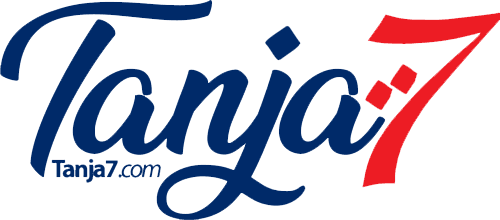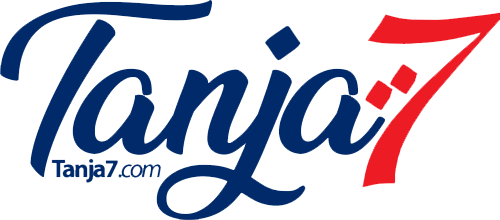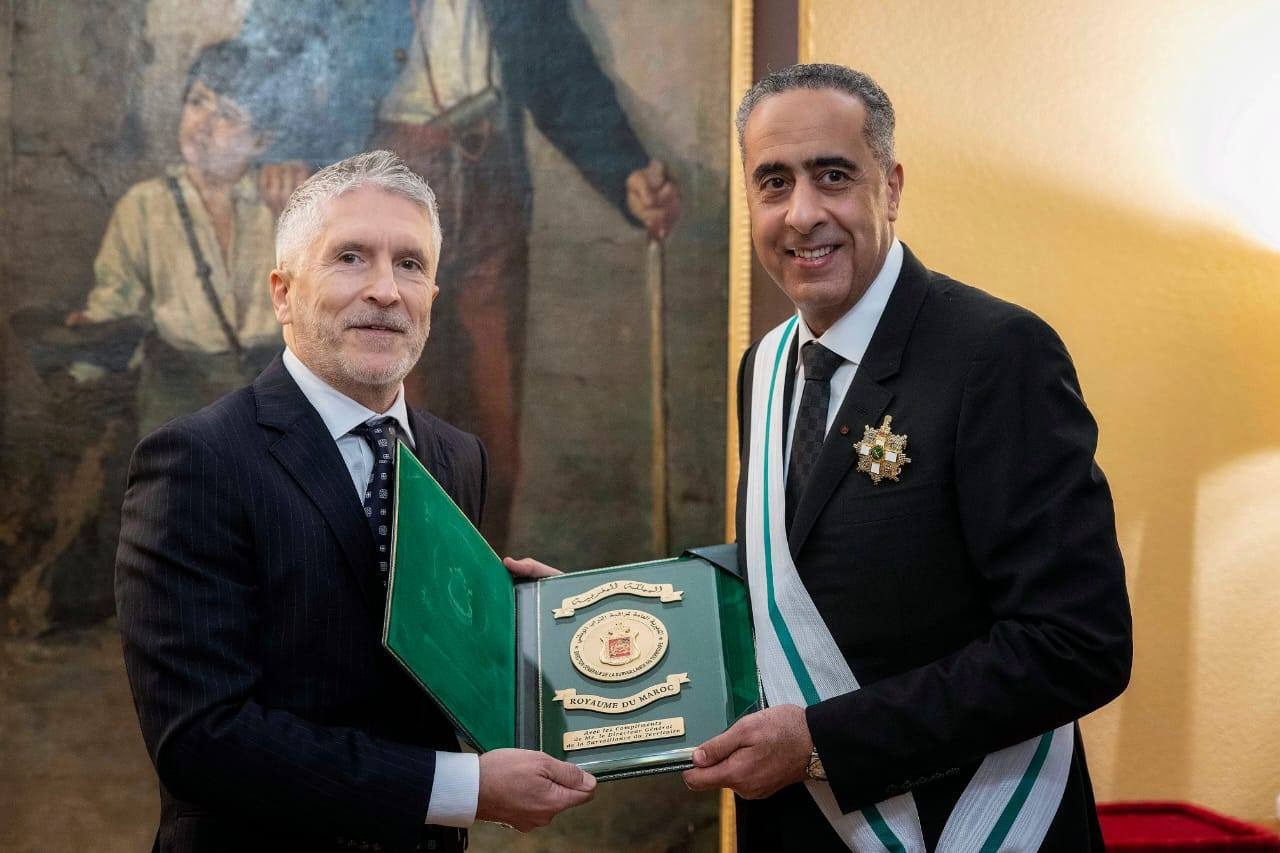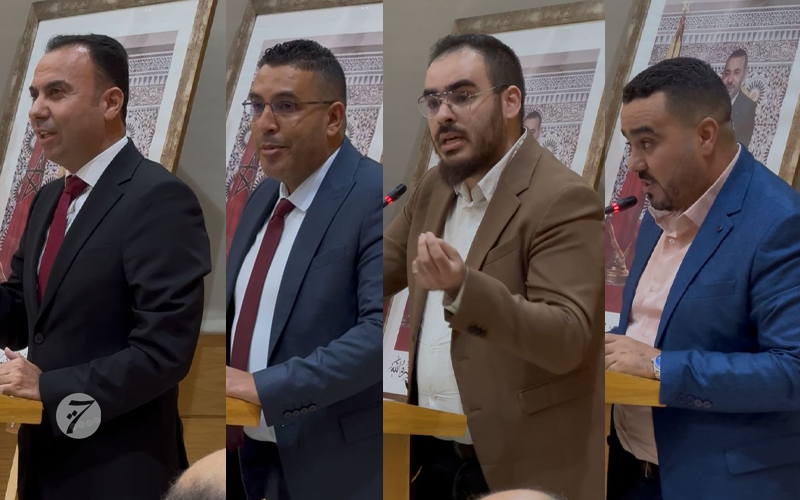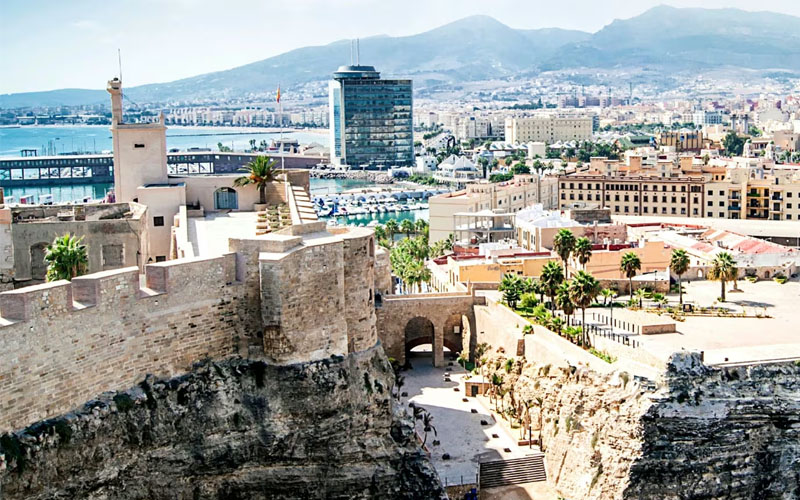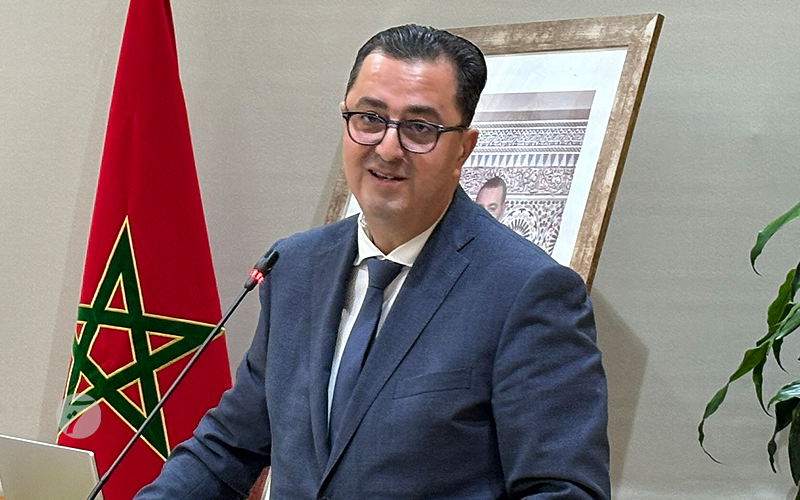The Kingdom of Morocco has initiated a new phase in the development of its legal framework to combat organized crime and human trafficking with the issuance of the new criminal procedure law, published in the official gazette on September 8, 2025. This move aligns national legislation with relevant international commitments.
According to a statement from the National Committee for Coordinating Anti-Human Trafficking Measures, the new law reflects full compliance with related international and regional instruments. Foremost among these is the Additional Protocol to the United Nations Convention against Transnational Organized Crime, pertaining to the prevention, suppression, and punishment of human trafficking (Palermo Protocol 2000), particularly regarding standards for the assistance and protection of trafficking victims.
The source further noted that the new law also adheres to the Council of Europe Convention on Action against Trafficking in Human Beings (2005), especially in aspects of victim identification, reflection and recovery periods, compensation, and legal redress. It aligns with United Nations guidelines on human rights and human trafficking, notably the principle of non-criminalization of victims, thereby reinforcing Morocco’s position in the international system combating this issue.
In line with the international normative framework, the law (Article 108) redefines the concept of serious crimes and the parameters of criminal severity, providing a solid legal foundation for classifying human trafficking as a top priority crime within the Moroccan criminal system.
This classification enables the adoption of robust procedural rules that grant significant powers to law enforcement, the judiciary, and investigating judges, while also enhancing international judicial cooperation with more effective tools, given the serious nature of human trafficking.
Additionally, this classification strengthens the competencies of the Central Bureau of Judicial Investigations in investigating complex networks and transnational crimes, ensuring a more effective response to this intricate crime.
In this context, the new criminal procedure law achieves strategic integration with Law No. 27-14 on combating human trafficking, promulgated on August 25, 2016, by establishing a comprehensive system for protecting victims of human trafficking, witnesses, experts, and whistleblowers. It also aims to develop modern investigative techniques to keep pace with evolving organized crime methods, enhance parallel financial investigations to dismantle the economic structures of criminal networks, and strengthen international judicial cooperation against cross-border crime.
The statement concludes that these new provisions represent a significant qualitative shift in Morocco’s legal arsenal against human trafficking, embodying the Kingdom’s steadfast commitment to human dignity and fighting all forms of exploitation. It reflects Morocco’s legislative and judicial maturity in addressing contemporary security and human rights challenges, prioritizing the protection of victims and the prosecution of perpetrators.
Source
